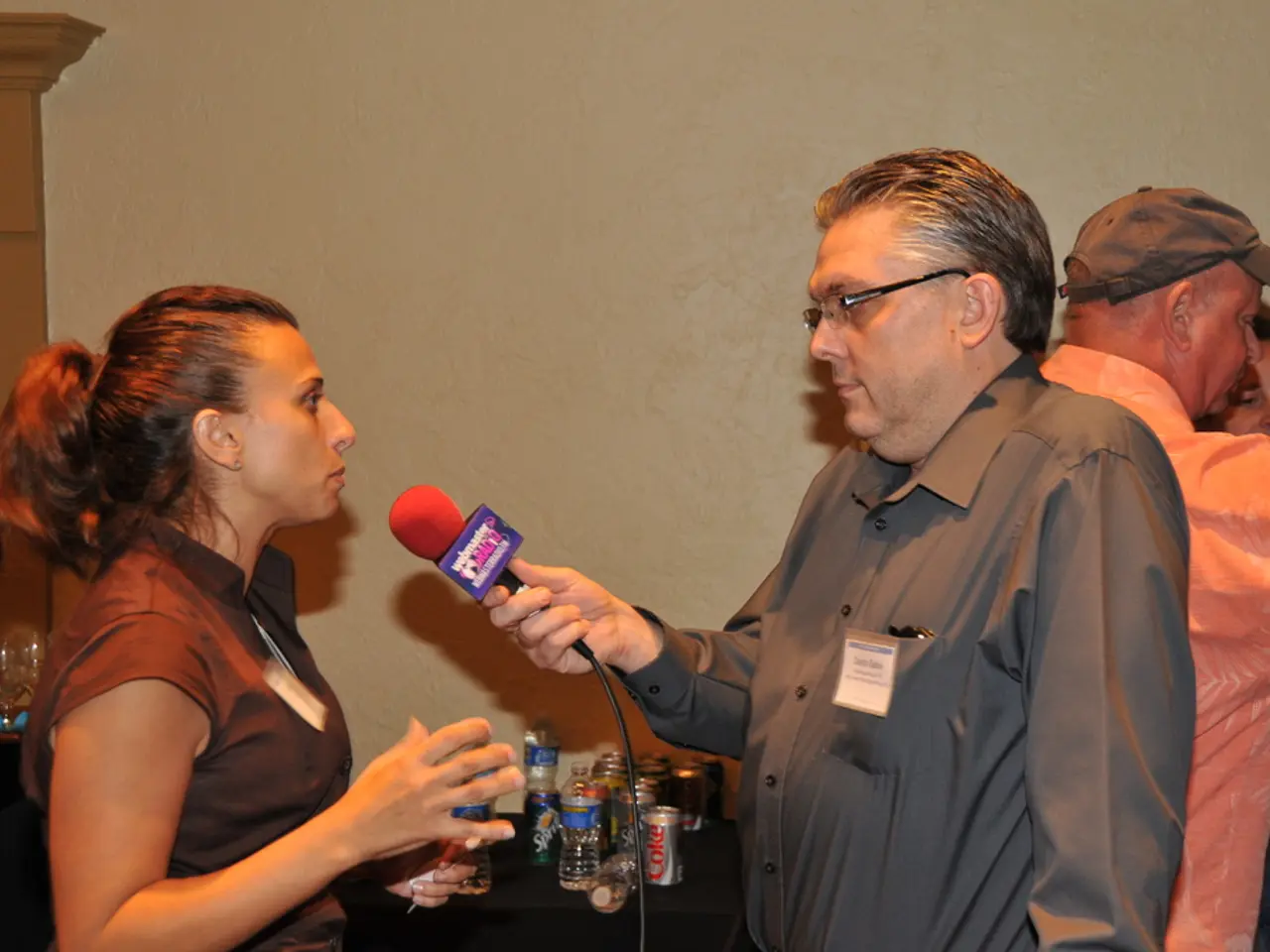Interview Analysis Blueprint
Building rapport is a crucial aspect of qualitative research interviews, as it facilitates open, honest dialogue and encourages participants to express their true feelings and opinions. Here are some best practices and ethical considerations for establishing rapport in interviews:
Best Practices
To effectively build rapport, researchers should follow these practices:
- Comfortable Atmosphere: Start with easy, general questions to create a comfortable atmosphere. A quiet, private, and distraction-free environment is essential for fostering openness.
- Active Listening: Pay close attention to participants' responses, maintain eye contact, and use non-verbal cues to show you are engaged.
- Non-threatening Communication: Mirror body language, use positive reinforcement, and avoid sarcastic body language to create a sense of synchrony and mutual attention.
- Semi-Structured Interviews: A semi-structured interview method, where the interviewer has a set of questions but allows the conversation to flow naturally, is often preferred.
Ethical Considerations
- Respecting Participant Autonomy: Allow participants to steer the conversation, especially on sensitive topics, and be sensitive to cultural taboos or emotional discomfort to protect psychological safety.
- Cultural Sensitivity: Researchers should be aware of cultural differences and adapt their interview style accordingly to create culturally sensitive spaces.
- Transparency and Trust: Explain the interview's purpose clearly and follow up after interviews to reinforce trust and appreciation.
- Flexibility: Adapt questions and pace based on participant comfort, prioritizing relational ethics over procedural rigidity.
In research with vulnerable populations, ethical challenges may arise. Researchers must find a balance to protect both themselves and the participants, avoiding both too little and too much rapport. By fostering a clear understanding of the ethical implications of rapport in interviews with vulnerable populations, researchers can gather richer data while protecting their participants' well-being.
The term "rapport" originated from the French term "rapporteur," meaning "to bring back" or "to tell." When building a relationship, it's important to create a comfortable atmosphere that provides participants with a safe space to exchange information.
Training programs should highlight ethical tensions to ensure that researchers handle the topic of relationships carefully in sensitive environments. Academic programs and research institutions should encourage discussions about ethical challenges in building relationships with vulnerable populations.
In summary, building rapport hinges on empathy, responsiveness, and respect—facilitating open, honest dialogue while ethically protecting participants' well-being.
In the context of qualitative research interviews, personal growth and education-and-self-development can be achieved through active listening and non-threatening communication, as these practices foster an environment conducive to learning and promoting open, honest dialogue. Furthermore, researchers can enhance their learning by understanding ethical considerations, such as cultural sensitivity, transparency, and respecting participant autonomy, when establishing rapport in interviews, thereby contributing to their own professional growth.




